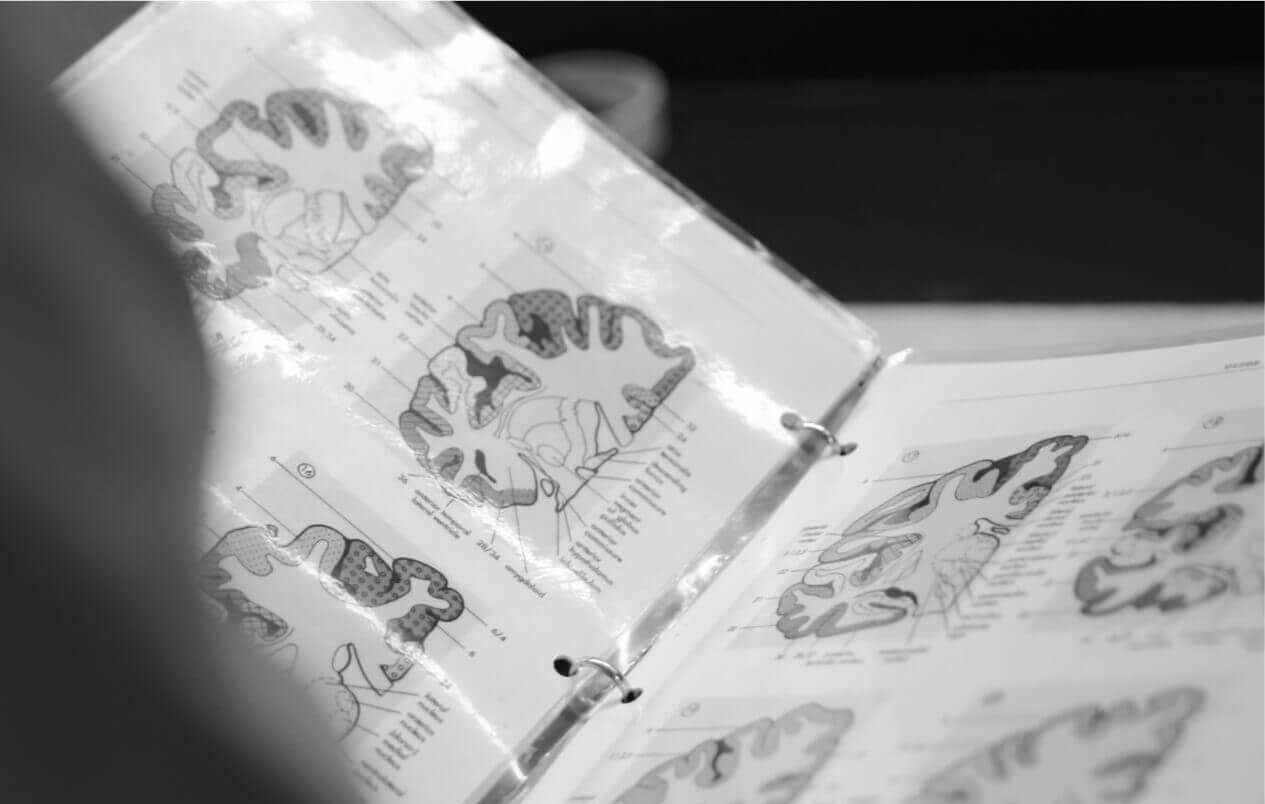Migraines: More Than Just A Headache
Migraines are a complex neurological condition affecting nearly 12% of the US population. Learn how brain donation can help migraine researchers.
Migraines are a type of severe headache that can cause intense pain and other symptoms. They are more than just a headache; they involve a complex neurological condition.
Characteristics include intense, throbbing or pulsating pain, usually occurring on one side of the head (although they can affect both sides and/or switch from one side to the other.) Many people with migraines experience nausea and sometimes vomiting, as well as light and sound sensitivity. Some people have aura symptoms which can include visual disturbances (such as flashing lights or blind spots), sensory changes (like tingling or numbness), and speech difficulties. Migraines can be triggered by various factors, including certain foods (like chocolate, caffeine, or alcohol), hormonal changes (such as menstruation), stress, lack of sleep, and environmental factors (like strong smells or bright lights).
Migraines typically begin in adolescence or early adulthood and can continue into later life. According to the American Migraine Foundation, approximately 39 million Americans (or 12% of the population) experience migraines. Migraines are more common in women (18%) than men (6%) in the US. This is often linked to hormonal fluctuations, which can influence the frequency and severity of migraines. Chronic migraine, defined as having 15 or more headache days per month for more than three months, affects about 1-2% of the population.
Brain donation allows researchers to study the neurological changes associated with migraines, including examining brain structures, neurotransmitter systems, and neural circuits involved in pain perception and regulation. Additionally, brain donation allows neuroscientists to investigate the role of neuroinflammation in migraines. Research into inflammatory markers and cellular changes in migraine sufferers’ brain tissues can offer insights into how inflammation contributes to migraine attacks. Lastly, by studying genetic material from donated brains, researchers may help identify biomarkers and genetic variations that could lead to better treatments.
What others have said after pre-registering:
"I’ve suffered from migraines for most of my adult life.. If studying my brain can contribute to the search for a cure or better treatment, I am happy to do it."
– Registered Donor, L.M.
“My personal mission is to "Make A Difference” — to Live, Love, and Leave a Legacy. Alzheimer’s, Parkinson, Autism will someday be a thing of the past. What a special legacy it would be if my brain tissue could help scientists discover a cure. It’s just plain the right thing to do."
– Registered Donor, A.T.
Common Questions
Sign Up For Our Newsletter
For news, donor stories, new merch and more



